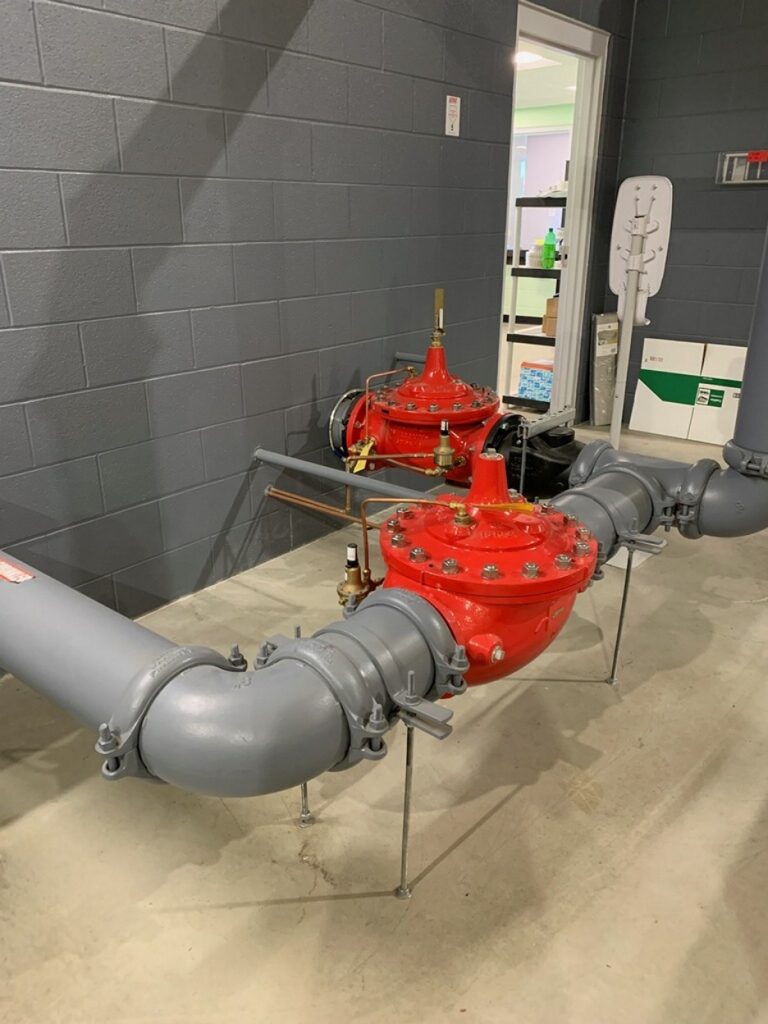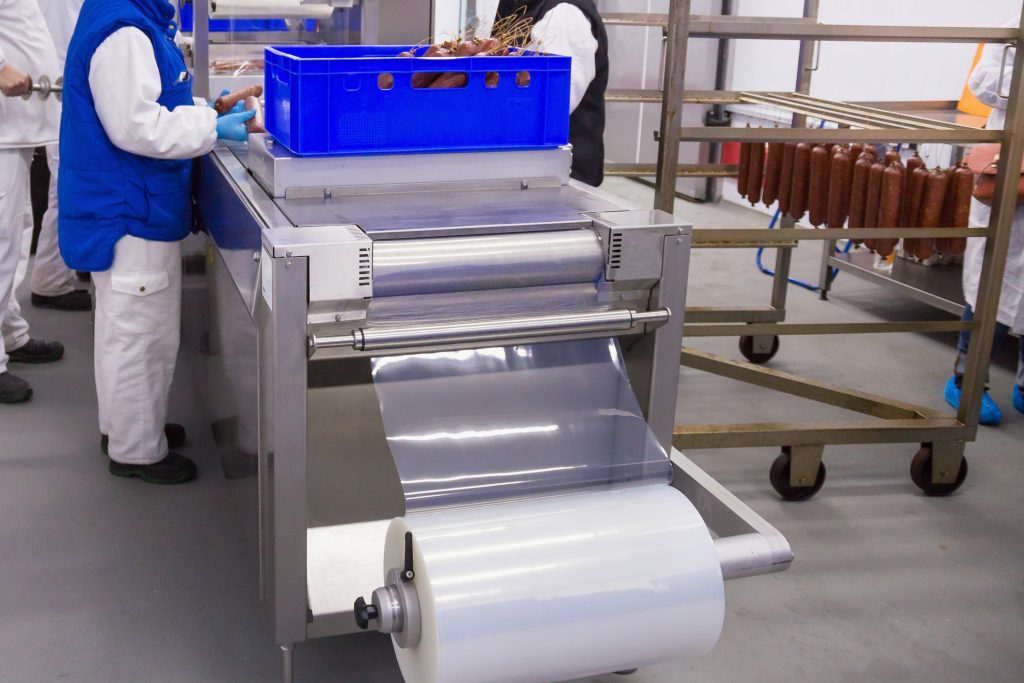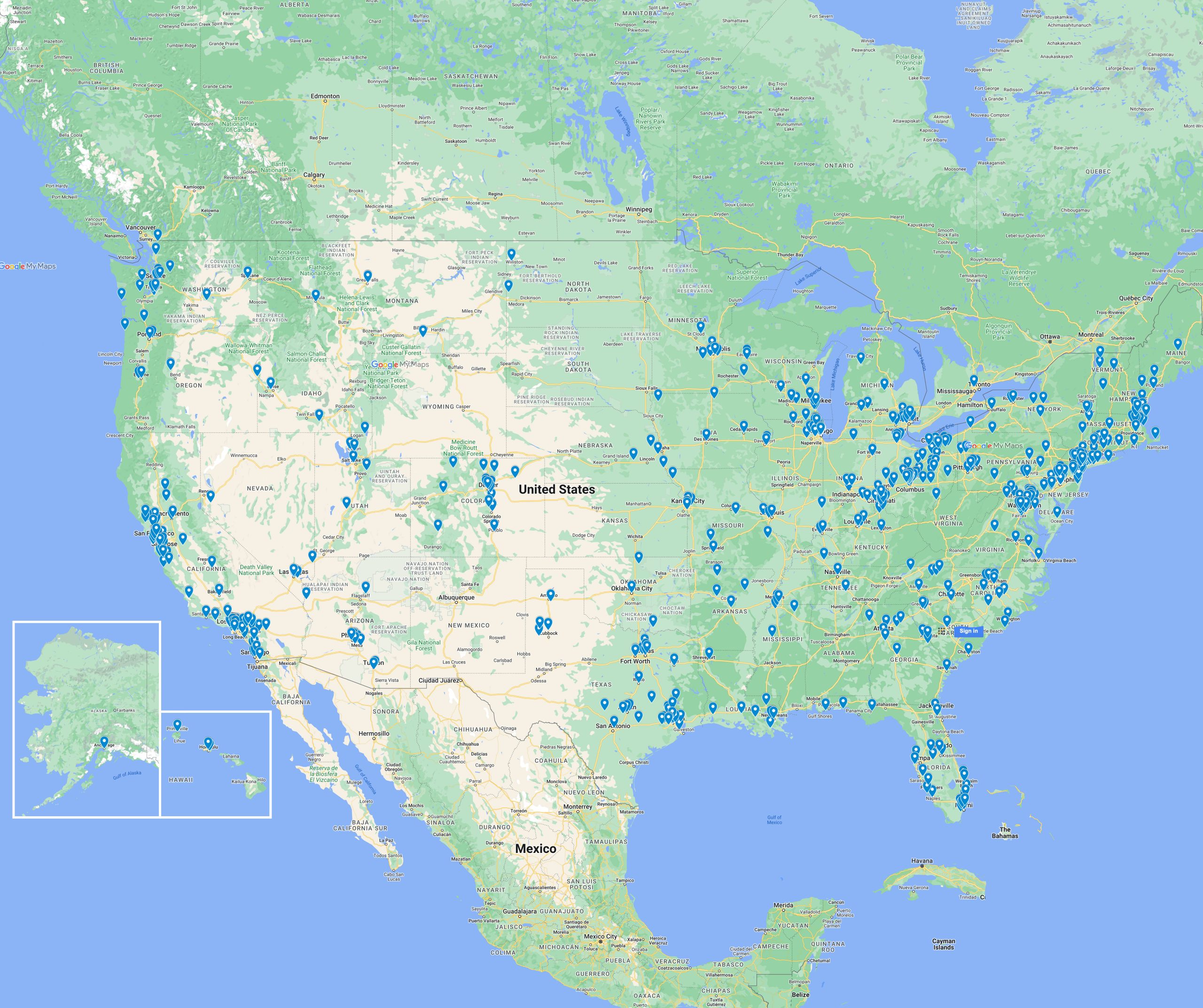
Episode 5: Allergen Programs in GFSI
Episode 5: Allergen Programs in GFSI
Allergens
In this video we are going to focus on the GFSI requirements for allergen programs.
GFSI is the Global Food Safety Initiative, an international organization that publishes requirements for food safety programs to adopt when those safety programs want to be benchmarked to GFSI.
Allergen controls are mandatory or fundamental requirements for each of the GFSI schemes we are going to review, and all facilities, regardless of whether there are allergens used in production must have assessed the risks allergens pose in the facility, identified controls for those risks and conducted training to all production staff on the basics of allergens and the risks they cause to those who are allergic.
For SQF Edition 9, allergen requirements are found in the System Elements portion of the SQF Safety Code manual in section 2.8. This is a mandatory section. The SQF Practitioner and the backup are expected to have undergone food safety training through a HACCP training course, as well as PCQI food safety trained in FSMA complaint facilities to qualify them to administer and assess the effectiveness of allergens controls in the food safety plan, in allergen preventive control plans and for GMPs.
Allergens must be clearly labeled at each step in operations, as well as at each step of the hazard analysis where allergens are present. The food safety plan or plans for the facility must include allergen controls. Additionally, preventive controls for allergens are required for all FDA regulated facilities as part of complying with government regulations.
Beyond training and assessment for employees, a full assessment of chemicals, ingredients, processing aids and finished products for up to date and accurate allergen labeling and handling requirements must be performed
Finally, we recommend that allergen assessments be conducted more frequently for facilities that add or change allergens in operations throughout the year.
For BRCGS programs, Issue 9 is due to be released after the publishing of this video, so please consult Issue 9 for up to date requirements.
The current requirements at this time, found in Issue 8, are located in section 5.3 and this clause is starred as a fundamental, which means you must have a fully developed program in place. Failure to have a fully developed allergen program may result in automatic failure of the BRCGS audit.
Training requirements for a BRCGS Safety Lead are HACCP training, PCQI training for FDA regulated facilities, and the complete awareness and control of allergens at each step in operations.
For an allergen control program, BRCGS and SQF are similar in expectations for allergen control practices as well as inclusion of allergens in the hazard analysis and food safety plans.
Like SQF, BRCGS requires that allergen labeling is comprehensive at each step. Again, we recommend labeling each pallet of each ingredient and finished product with each allergen.
Segregation expectations are the same, and the BRCGS auditor will expect that allergens are checked during monthly GMP walkthroughs.
One thing to note is that BRCGS requires the completion of risk assessments for allergens, in addition to the risk assessment for GMP walkthroughs and audits discussed in our internal audit series. We strongly recommend assessing conformity of allergen labeling and storage practices as part of the GMP walkthrough risk assessment.
If there are multiple allergen labeling or storage errors, GMP walkthroughs of BRCGS complaint facilities should be more frequent.
BRCGS programs, should have label checks for proper allergen labelling at pre-operations every hour during production where possible.
For FSSC 22000 programs, the allergen management requirements are not found in the ISO 22000 Food Safety Management System manual. Instead, the allergen management section is located in the Technical Specification manual for pre-requisite programs, or PRPs, Section 10.3 in the TS-22002-1 for food manufacturers, or 4.7.6 of the TS-22002-4 for food packaging manufacturers.
In either case, allergen management follows the basic requirements we mentioned for SQF and BRCGS, although the language for FSSC 22000 requirements are much more vague, but the general expectations match the other GFSI programs.
Because communication of the internal audit should be included in any ISO 22000 internal audit training and communication about allergens should be clearly documented and evaluated for effectiveness, and awareness and competency of employees on allergens is a best practice.
For PrimusGFS, allergens are not mentioned in the first four modules. However, we strongly recommend allergen assessments for crop rotations, including risk assessments of allergen residue of soils where peanuts, tree nuts, wheat or soybeans are grown in an agricultural system.
Allergens are addressed in module 5, with allergen management requirements found in section 5.18 for warehouse and processing activities.
Requirements for PrimusGFS are equivalent to the SQF and BRCGS we mentioned in this video, and a fully considered allergen program must be in place at all times for a PrimusGFS compliant program.
Please do not rely solely on our recommended program, and make sure your internal audits programs reference and meets all GFSI standards in preparation for your audit.
Thank you for watching. For free downloads to accompany this video series, visit the free training videos & resources page of our website.
Subscribe to our YouTube channel or follow us on LinkedIn to be notified of new educational food safety resources.







